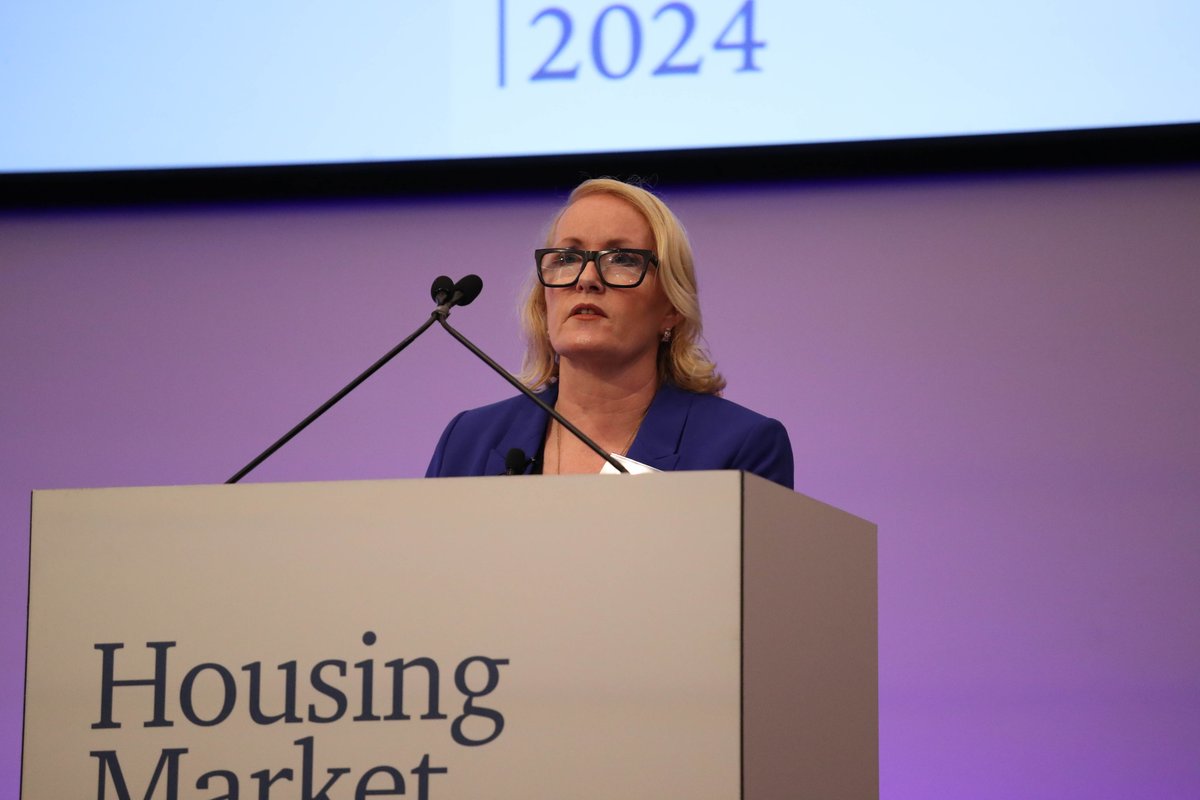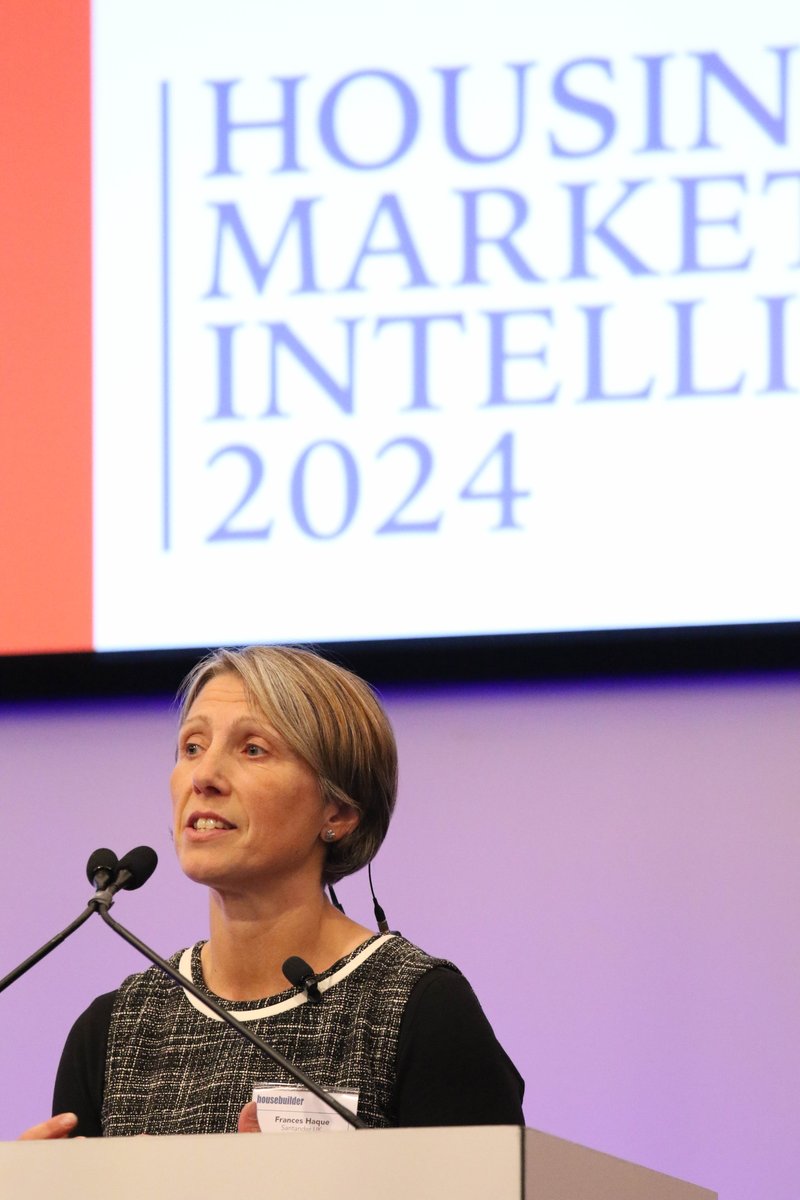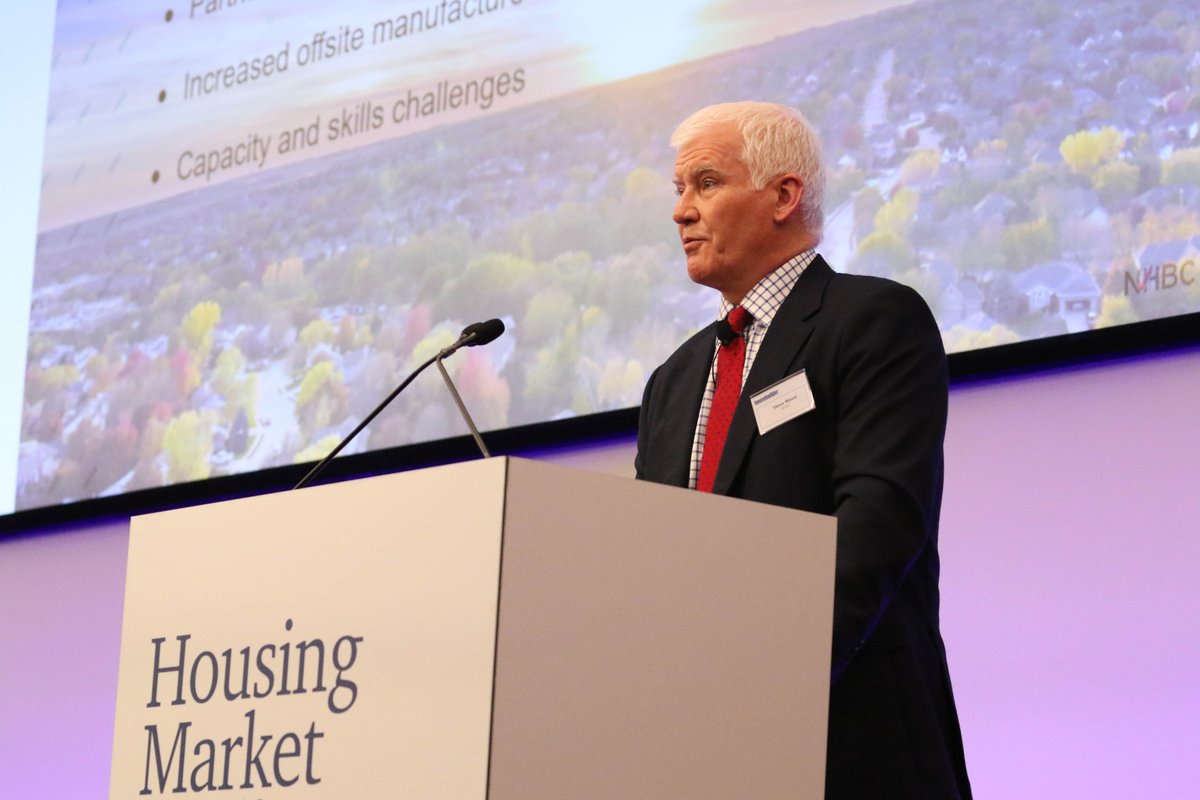Attendees Only
This page contains content for attendees only, please enter the password provided by the HBM events team to view
Speaker Presentations & Sponsor Information
| Speaker Presentation - David Smith - The Sunday Times - HMI 2024 | Download Presentation |
| Speaker Presentation - Lord Gavin Barwell - NorthStar - HMI 2024 | Download Presentation |
| Speaker Presentation - Matt Fleming - AFOliver - HMI24 | Download Presentation |
| Speaker Presentation - Frances Haque-Santander UK - HMI 2024 | Download Presentation |
| Speaker Presentation - Grainne Gilmore - Cluttons - HMI 2024 | Download Presentation |
| Speaker Presentation - Steve Wood - NHBC - HMI 2024 | Download Presentation |
| Speaker Presentation - Sam Stafford - HBF - HMI 2024 | Download Presentation |
| Speaker Presentation - Neil Jefferson - HBF - _HMI 2024 | Download Presentation |
| Sponsor Information - Access | Download Presentation |
| Sponsor Information - Charles Russell Speechlys | Download Presentation |
| Sponsor Information - Greenbelt | Download Presentation |
| Sponsor Information - H+H | Download Presentation |
| Sponsor Information - Hotpoint UK Appliances | Download Presentation |
| Sponsor Information - TriConnex | Download Presentation |
Image Gallery





























HOUSING MARKET INTELLIGENCE REPORT 2024
including:
- Top 75 housebuilders
- Industry analysis
- Expert papers
- Statistics
- Key information
The Housing Markt Intelligence Report 2024 can be purchased online.
Purchasing a copy of the report also includes access to a recording of the HMI Conference 2024 and digital access to the report.
The Housing Market Intelligence Conference and annual report launch 2024 took place on Thursday 3 October, at Savoy Place, London.
Housebuilders should treat housing associations as partners in their section 106 transactions and produce quality housing, according to Fiona Fletcher-Smith, ceo of L&Q.
Speaking at Housebuilder’s Housing Market Intelligence conference in London today (October 3), Fletcher-Smith told first-hand of the financial pressures registered providers were under, including from the consequences of “inconsistent decision making” from government over the past decade and from the cost of maintaining existing homes which “must and will come first”.
The G15 group of housing associations started 76% fewer homes than last year, Fletcher-Smith said. And as one of the largest housing associations, L&Q was struggling to buy housebuilders’ section 106 homes – now a widespread problem for the industry. “Less and less of what we do is through purchasing section 106 homes,” she confirmed.
Fletcher-Smith pointed out that over the past decade, homes bought under section 106 had been “of the poorest quality”. She appealed to housebuilders to “involve us in the design and specification” of these homes at an early stage. Then “we will buy your section 106 homes”.
Fletcher-Smith called upon housebuilders to see registered providers “as a partner, not an end purchaser”. Affordable housing, she also said, should be regarded as critical infrastructure, given the rising number of families on waiting lists for housing.
This situation with section 106 homes, causing “tens of thousands” of affordable homes to remain unbuilt, should never be repeated, said HBF’s chairman Stewart Baseley, also speaking at the conference. This was a “complex issue but it should be a priority”. HBF, he added, was “working on solutions”.
This was one of a plethora of matters the new government, despite its strong start on planning, must contend with, Baseley indicated.
He stated: “It is easy to get carried away in the rhetoric that the recent planning changes will see the housing delivery levels we need immediately, but there are numerous other challenges that need to be overcome.”
Baseley also stressed the need for Labour ministers to address the demand side of housing delivery, with a replacement to Help to Buy desperately needed.
HBF’s ceo Neil Jefferson delved deeper into HBF’s work on the myriad issues, including on quality, diversity and inclusion, skills and housebuilding’s contribution to the economy.
Jefferson pointed out that the introduction of the previous government’s Building Safety Levy, on which the industry is awaiting the outcome of a technical consultation, could lead to a fall of 70,000 affordable homes.
The Rt Hon Gavin Barwell, former Downing Street chief of staff and housing minister, offered his observations on the new administration.
He noted its willingness to make unpopular decisions that would, however, be “good for the long-term growth of the economy”. Its “significant relaxation” of the planning system was one of its “major” moves.
Ed Lockhart, ceo of the Future Homes Hub, concentrated on the organisation’s work on the key three strands of the environmental agenda - carbon and energy, nature and water, as well as its endeavours to support SMEs.
The previous government’s earlier decisions on zero carbon – withdrawing the Code for Sustainable Homes – and complexities around biodiversity, had been unhelpful, Lockhart indicated. But the new government had stated its commitment to the Future Homes Standard and clean power.
And in collaboration, the Hub would make “the new homes and places we build better and better”.
The Sunday Times’ David Smith, Cluttons’ Gráinne Gilmore and Santander UK’s Frances Haque gave separate overviews of the economy and housing market. Summing up the general verdict after two years of upheaval, Smith said: “Things are not perfect but they’re not as bad as they were.”
Matt Fleming, executive chairman of AF Oliver, looked over the year’s economic and housing market highlights so far. He advised housebuilders on what they could do to aid and encourage potential home buyers.
Fleming also strongly recommended that housebuilders harnessed AI (Artificial Intelligence). “We have as an industry a bit of a reputation [for resisting technology]. Let’s not do the same with AI."
Steve Wood, NHBC’s ceo, focused on the organisation’s latest moves to raise quality in housebuilding and address the skills gap.
NHBC was, he said, “shifting [its] bias” towards “quality assurance”. He gave an example of NHBC helping a housebuilder to reduce defects with its front doors.
Closing the conference, Sam Stafford, HBF’s planning director, considered the argument for reintroducing strategic planning, with the new government stating its commitment to this. Regional spatial strategies were abolished by the then secretary of state Eric Pickles in 2010, under the coalition government’s concept of localism.
“The success of localism is difficult to judge on a subjective basis,” Stafford said. “But objectively it can’t be said that it made [planning] clearer, simpler or more efficient.”




















